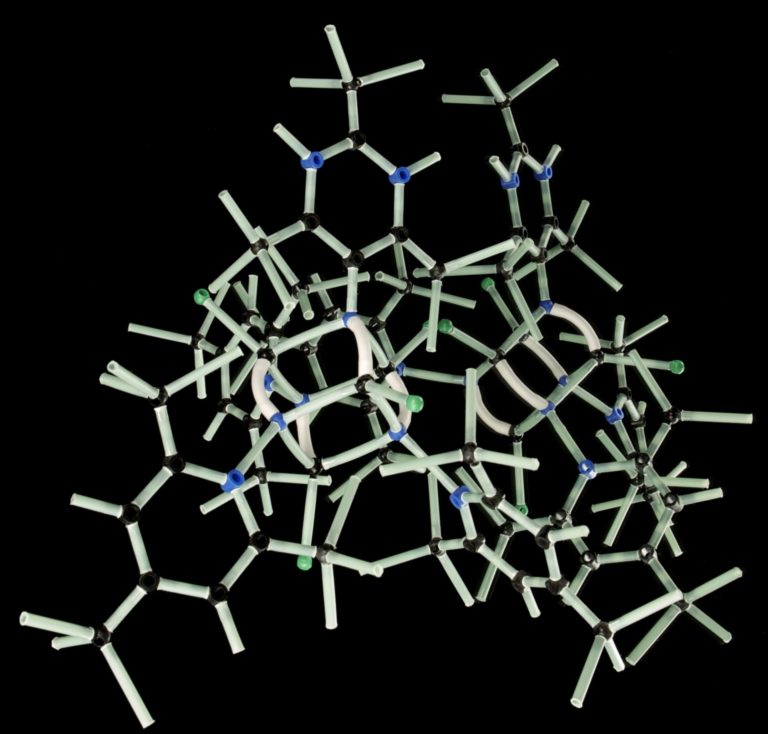Prime Minister Kyriakos Mitsotakis on Wednesday welcomed the high school and grade school students who won three silver and one bronze medals and three citations at the World Robot Olympiad (WRO) held in Gyor, Hungary from November 8 to 10.
The WRO, with this year’s theme of SMART Cities!, attracted over 25,000 teams from 65 countries. Entrants at the event, which has been running since 2004, are from 6-7 years old to university level.
Three silver award winners from Patras – calling their team “Smartbirds” – created a robot that can navigate a city independently, powered by GPS and a solar panel. The three girls created a robot that includes a camera that allows the understanding of ’emotions’ in people it encounters. For example, if it encounters someone who is feeling pain or fear, it starts a conversation during which it records data in order to contact emergency services for assistance.
Panagiotis Verras, who trained the girls and is head scientist for STEM Education in Patras, said that the robot is based on known technologies and ideas for smart cities, “but the unique feature of this construction is that it includes IT and vision and speech,” he told Athens-Macedonian News Agency. Smartbirds worked on research and construction for nine months, he added. The team also won the bronze in the Open high school division.
READ MORE: Young robotics geniuses win Australian RoboCup Junior competition
The Bitbot team from Kalamata also won second place with their football game robot, while the Infinite Code team made up of two boys from Ekali, north of Athens, won silver in the Open for grade-school students. Two boys (Jobi Team) from Agia Paraskevi won bronze in the Regular grade-school division.
The Poseidon Team of students from Thessaloniki and a team from the University of Thessaly each won gold medals in their categories at the iGEM synthetic biology competition hosted by the Massachusetts Institute of Technology (MIT) earlier this month.
Drawn from Aristotle University of Thessaloniki and the Alexandrian Technological Educational Institute of Thessaloniki, the Poseidon team deployed what it describes as the first “DNA computer” that is “capable of quantifying DNA-Protein interactions.”
In describing what the program hopes to achieve the team wrote on their iGEM website: “POSEIDON contributes to society by facilitating the work of the scientific community. By providing scientists with a universal and cost-effective method which can measure the binding affinity to a certain DNA sequence… we give them an extra tool for the study of diseases and the testing of drugs.”
READ MORE: Science needs myths to thrive – and the two can co-exist

Also winning the gold medal for the best diagnostics project, was the Odyssee project set up by 10 biology students from the University of Thessaly. Odyssee was designed to develop a diagnostic tool to detect tuberculosis particularly among refugee communities.
“Tuberculosis is a leading health threat for populations affected by crises who lack access to innovative diagnostic tools. Taking these into account, we decided to develop ODYSSEE, a modular platform for field diagnosis of Tuberculosis aimed at being applied in refugee camps in our country as well as worldwide,” says the team’s description of their project on the iGEM website.
Over 5 000 participants in 375 teams from top international institutions took part in this year’s competition. Teams of students use standardised genetic parts which can then be spliced into DNA strands to modify organisms.
These, in turn, can be used for treatments or tests for real-world problems in the fields of health and medicine, manufacturing, bio energy as well as in art and architecture.
The teams are judged on the quality of their science as well as factors such as communication, outreach, collaboration with other teams, and the quality of genetic parts they submit to the Registry of Parts for teams to use in the future.
Congratulating the students and their teachers, the prime minister said that technology and innovation will provide many solutions to humanity’s problems like that of climate change. “If there is something we must do in our educational system, it is to keep young people’s curiosity alive,” Mitsotakis said. “This wide knowledge, these skills are the ones we want to cultivate through the schools of the future,” he added.









